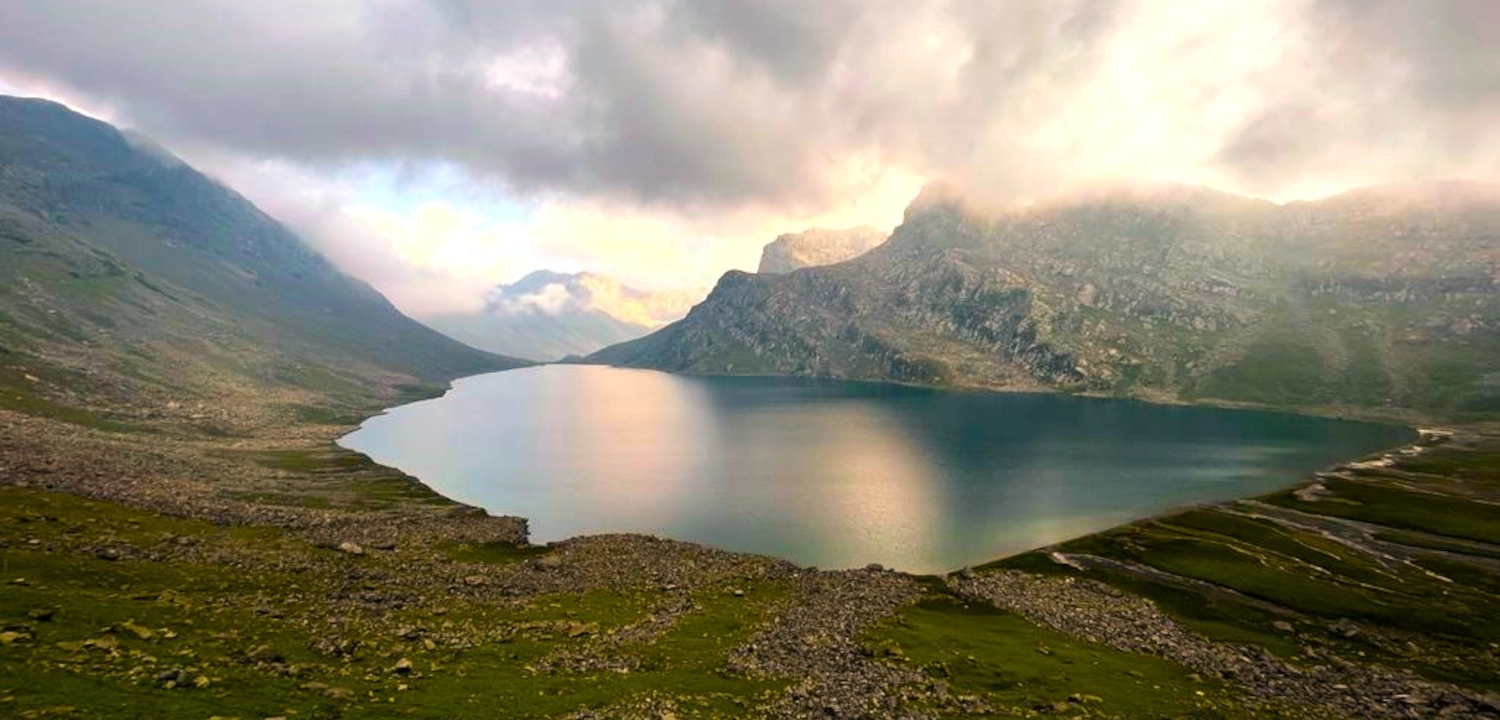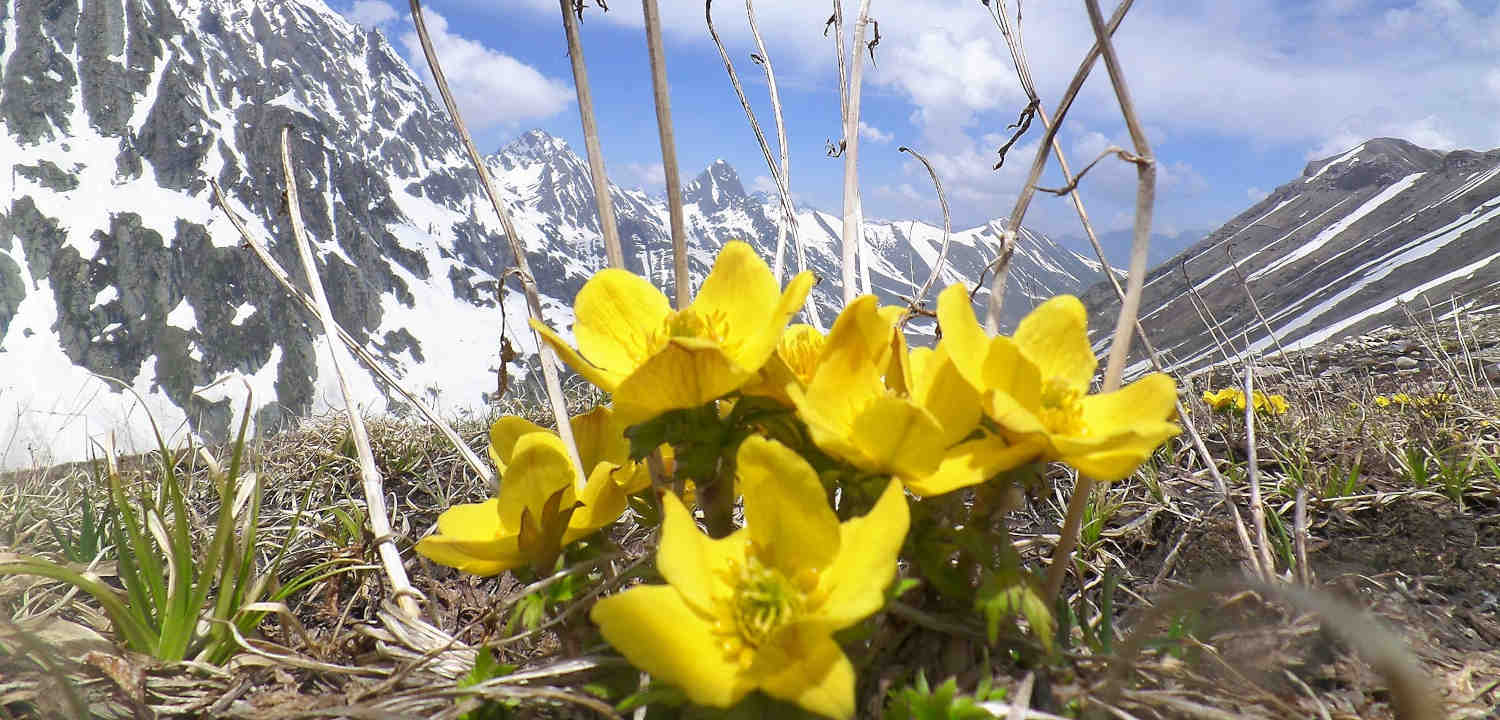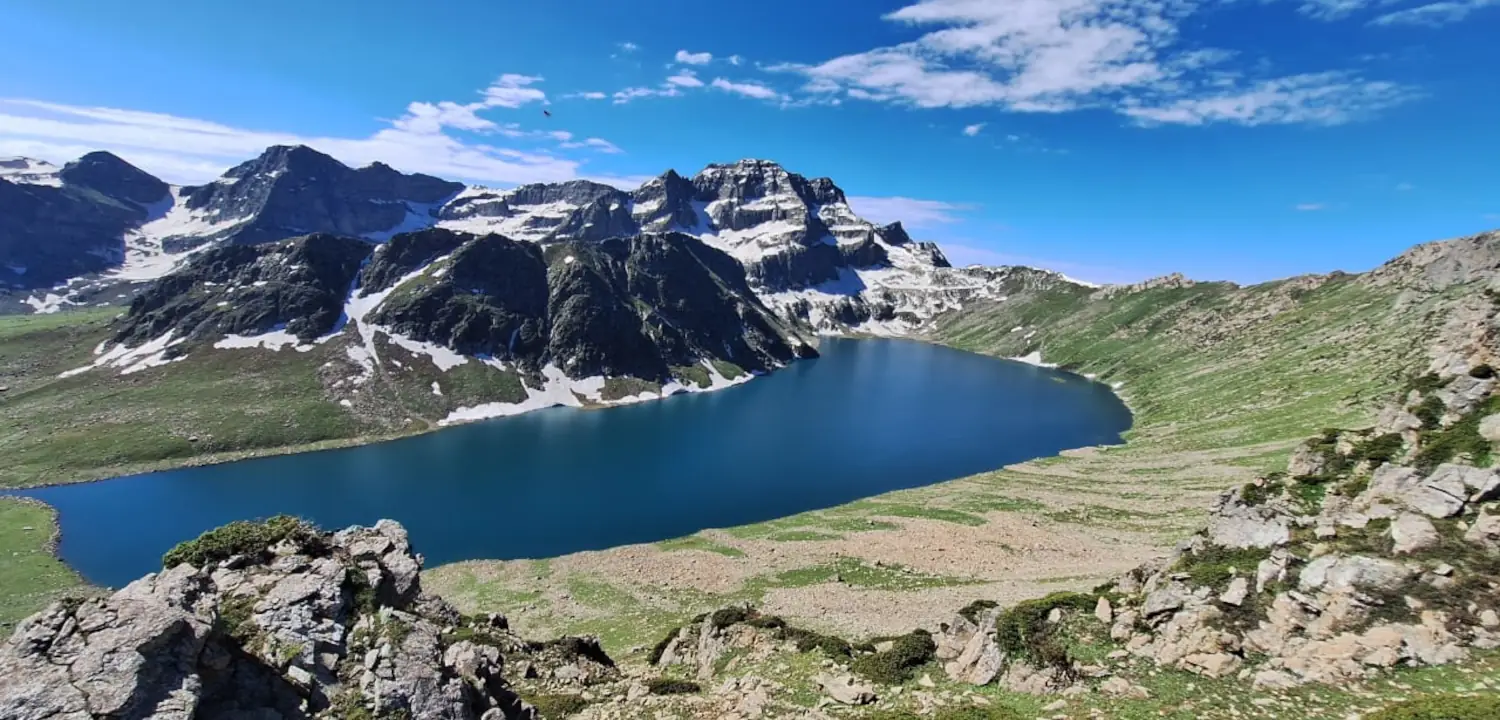Dachigam Marsar Trek
Dachigam Marsar Trek
Introduction
The Dachigam–Marsar Trek Expedition offers a remarkable journey through two pristine valleys of Kashmir. Beginning from Sumbal, the route winds its way past the stunning Marsar Lake before entering the renowned Dachigam National Park — a wildlife sanctuary home to the endangered Kashmir Hangul (Stag), the last surviving species of the Himalayan Red Deer.
The trail meanders across crystal-clear streams and vibrant alpine meadows, all set against a backdrop of snow-clad peaks. It’s a trek that blends adventure, natural beauty, and wildlife exploration into one unforgettable experience.
Although trekking in Kashmir is not new, this expedition remains a challenging adventure. Expect steep ascents, rocky terrain, and altitudes reaching up to 4,080 meters — all of which demand endurance and determination. Yet, the rewards are immense: breathtaking Himalayan views, serene landscapes, and the chance to witness one of Kashmir’s most protected ecosystems.
Fitness & Preparation
If you’re a beginner planning this trek, keep the following points in mind:
- You should be fit enough to trek for several hours daily.
- Practice walking 2–3 kilometers daily to build stamina.
- Avoid the trek if you have breathing issues.
- You should be comfortable with heights and uneven terrain.
Trek Details
- Duration: 6 Nights / 7 Days
- Grade: Moderate (T3)
- Trek Distance: 48 km
- Highest Altitude: Sonmasti Pass – 4,080 m
- Best Season: June to September
Highlights
- Traverse two stunning valleys from Sumbal to Dachigam.
- Visit the spectacular Marsar Lake, cradled between mountain ridges.
- Explore Dachigam National Park, home to rare Himalayan wildlife.
- Camp in colorful meadows surrounded by snow-capped peaks.
- Experience the raw, untouched beauty of Kashmir’s wilderness.







